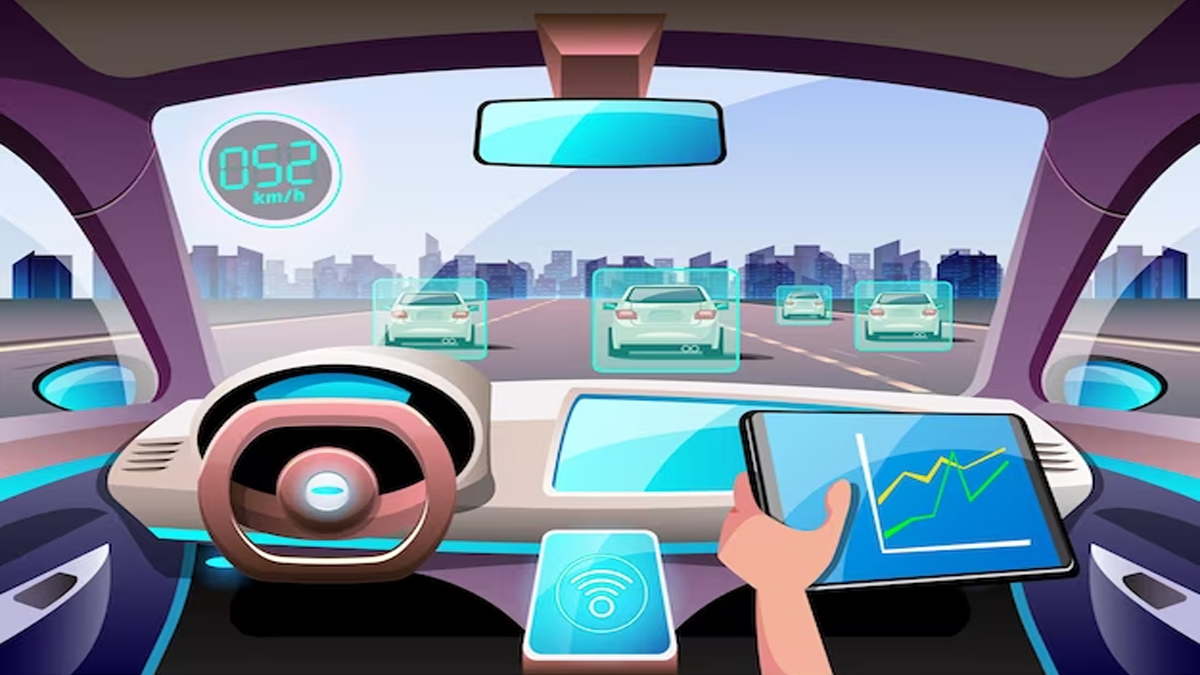Here are some key points to consider:
1. Liability:
One of the primary concerns is determining liability in the event of accidents involving self-driving cars. Currently, most countries hold human drivers accountable for accidents, but with autonomous vehicles, the responsibility may shift to manufacturers, software developers, or even regulatory bodies.
2. Regulatory Framework:
Establishing a comprehensive regulatory framework is essential to ensure the safe and ethical development of self-driving cars. This framework should address technical standards, safety requirements, data privacy, cybersecurity, and compliance procedures. Harmonizing these regulations across different jurisdictions is also crucial to facilitate the widespread adoption of autonomous vehicles.
3. Data Privacy and Security:
Self-driving cars generate and collect vast amounts of data, including real-time location, sensor data, and personal information of passengers. Protecting this data from unauthorized access and ensuring privacy rights is a significant legal challenge. Additionally, cybersecurity measures must be implemented to safeguard autonomous vehicles from potential hacking attempts that could compromise their safety.
4. Ethical Considerations:
Autonomous vehicles may encounter situations where difficult ethical decisions need to be made, such as during potential accidents. Determining the best course of action raises moral and legal questions. Should self-driving cars prioritize the safety of the occupants, pedestrians, or a combination of both? Resolving these ethical dilemmas within legal frameworks is a complex task.
5. Intellectual Property:
Self-driving car technology involves a range of intellectual property (IP) considerations, including patents, copyrights, and trade secrets. Protecting and enforcing IP rights is crucial to incentivize innovation, encourage competition, and ensure fair market practices among various stakeholders in the autonomous vehicle industry.
6. Employment and Labor Laws:
The widespread adoption of self-driving cars could potentially disrupt various industries, particularly transportation and logistics. The legal implications concerning job displacement, changes in employment contracts, and workers’ rights need to be addressed as autonomous vehicles become more prevalent.
7. International Coordination:
As self-driving cars transcend national boundaries, international cooperation is essential to harmonize regulations, address cross-border legal issues, and ensure consistent safety standards. Collaboration between governments, regulatory bodies, and industry stakeholders is necessary to establish common frameworks and facilitate the global deployment of autonomous vehicles.
It’s important to note that legal issues surrounding self-driving cars are continually evolving as technology advances and societal perspectives change. Governments, policymakers, and legal experts are actively working to address these challenges to foster the responsible development and safe integration of self-driving cars into our transportation systems.
